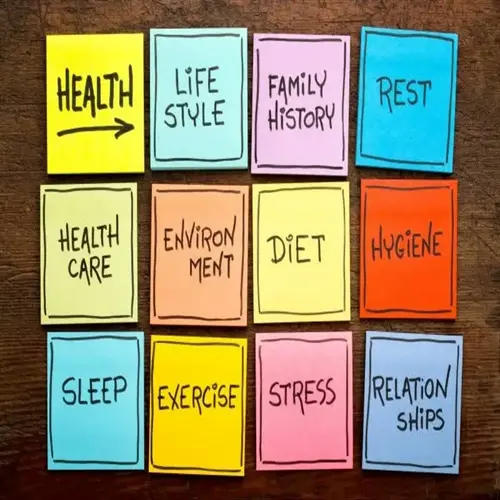How does sleep affect nutrition?

Written by
David Nelson
Reviewed by
Prof. Graham Pierce, Ph.D.The quality of sleep governs your relationship with food by controlling the hormones that affect appetite and the metabolic mechanisms in your body. When you sleep well consistently, your body manages the appetite signals well. Without enough sleep, there is a propensity for increased calorie cravings, as well as an impaired ability to absorb nutrients effectively.
Hormone Regulation
- Adequate sleep balances ghrelin (hunger) and leptin (satiety) hormones
- Sleep deprivation increases ghrelin production by 15-30%
- Leptin sensitivity drops 20% after poor sleep, delaying fullness signals
Metabolic Processing
- Deep sleep stages optimize glucose metabolism and insulin sensitivity
- Tissue repair during sleep enhances nutrient utilization efficiency
- Sleep loss reduces metabolic rate by 5-20% the following day
Cravings increase significantly after poor sleeping because the reward centres of the brain have become altered, making you more stimulated by inferior foods. For example, stimulation of the amygdala to superior-quality food images results in a 60% greater rate, alongside diminished control of the prefrontal cortex; hence, the donuts are such a temptation when you have not slept very much.
Nutrient absorption suffers without sufficient rest. Sleep deprivation reduces intestinal blood flow by approximately 20%, which slows vitamin uptake. Protein synthesis decreases 30% during tissue repair phases, limiting muscle recovery from exercise.
Enhance sleep hygiene by establishing a regular bedtime and eating magnesium-dense snacks before bed, such as almonds. Additionally, avoid screens for at least 90 minutes before bedtime, as blue light can interfere with the release of melatonin. Room temperature also plays a role in sleep quality, so it can be helpful to cool the room down to around 65 degrees F for metabolic health benefits.
Schedule your meals around your sleep cycles. Stop eating at least 3 hours before going to bed to allow time for digestion. In the morning, eat protein to replenish the muscles that have broken down during sleep. Additionally, consuming carbs in the evening can help convert tryptophan into melatonin, promoting sleep.
Read the full article: Essential Healthy Food Benefits Everyone Should Know

